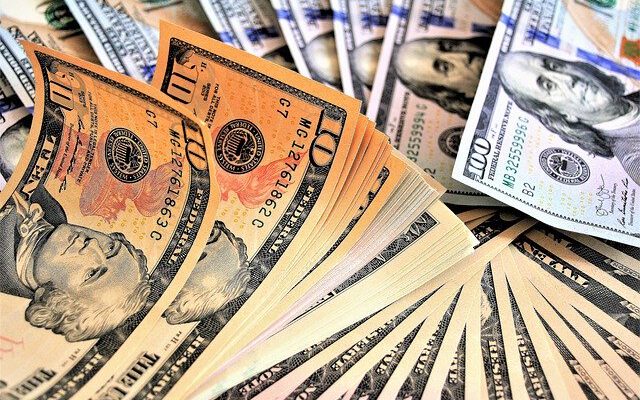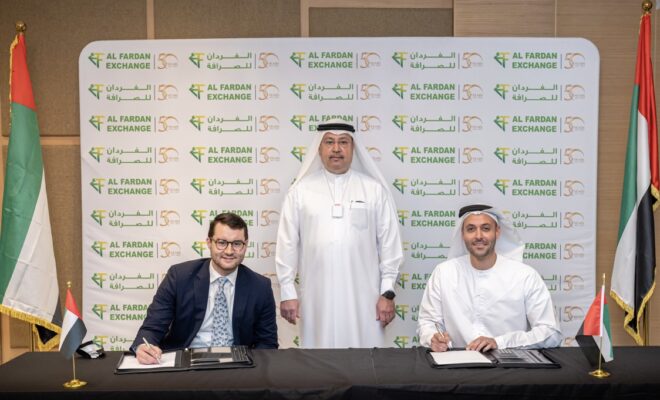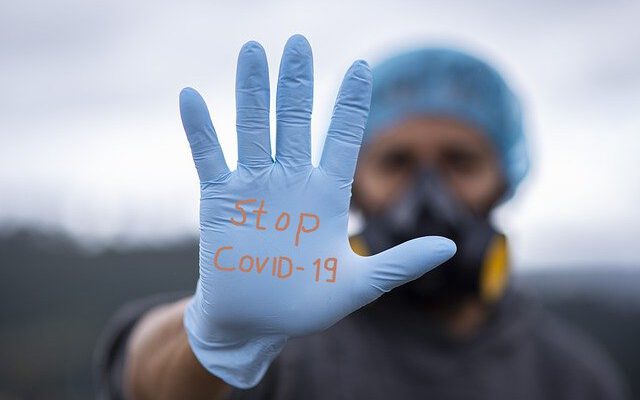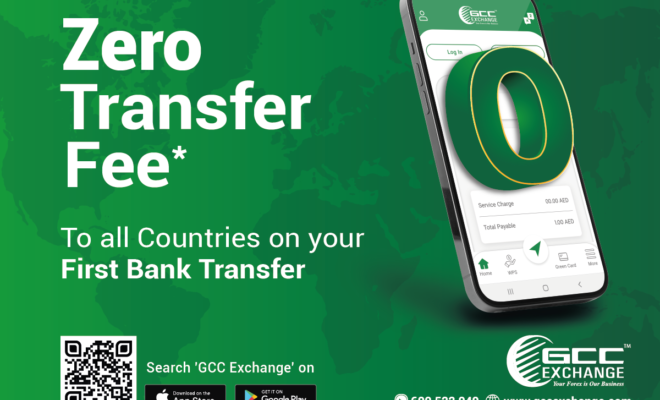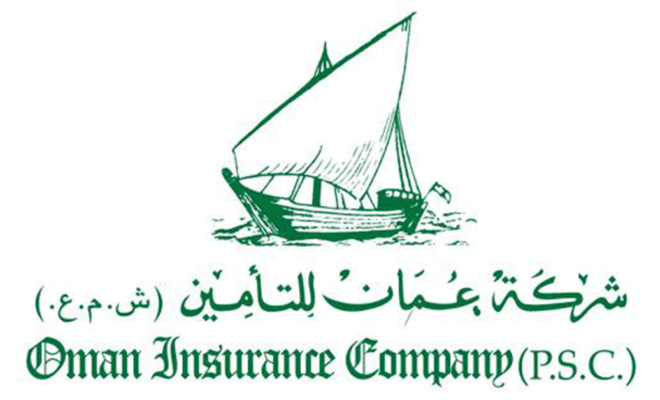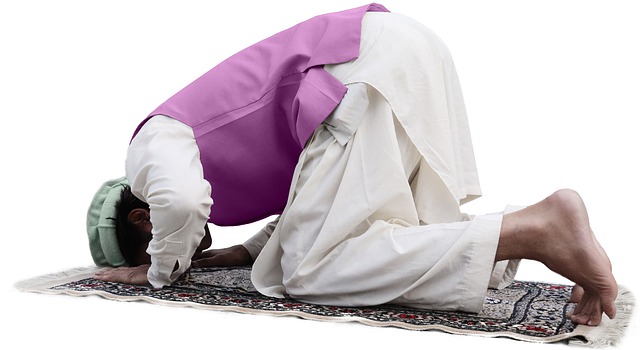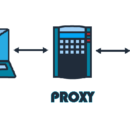Central Bank of UAE sets December 2, 2020 deadline for registration of all Hawala providers
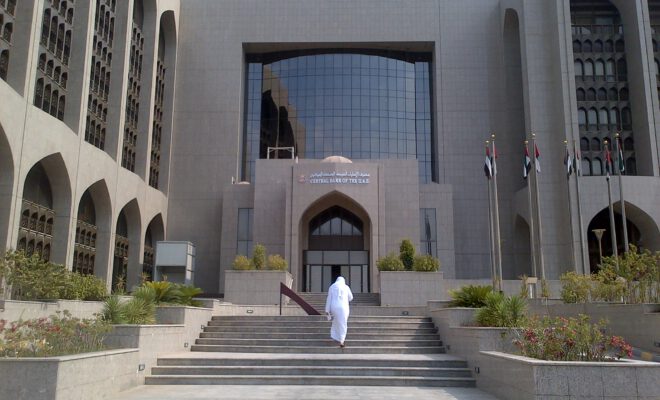
What is Hawala?
Hawala is an informal method of transferring money without any physical money actually moving. Interpol’s definition of hawala is “money transfer without money movement”. Another definition is simply “trust”. Hawala is used today as an alternative remittance channel that exists outside of traditional banking systems.
Transactions between hawala brokers are made without promissory notes because the system is heavily based on trust and the balancing of hawala brokers’ books.
The Central Bank of the UAE (CBUAE) has urged non-registered Hawala providers operating in the UAE to register to obtain the Hawala provider certificate before December 2, 2020. This is in accordance with the Registered Hawala Providers Regulation, which ensures only registered dealers can carry out these activities in the UAE.
The new directive reflects the CBUAE’s efforts to ensure transparency of all financial transactions and compliance with the Anti-Money Laundering and Countering Financing of Terrorism procedures in the country.
Legal actions
CBUAE has warned that beyond the expiry of the grace period, relevant legal actions shall be taken as per the effective penal provisions. Under UAE banking law, providing or promoting Hawala activities without registering in the ‘The Hawaladars Registry’ at the Central Bank is an offence punishable by imprisonment and fine. In addition, these businesses could also face administrative closure of the premises where the activities are carried on.
Under the UAE banking law providing or promoting Hawala activities without registering in the “The Hawaladars Registry” at the Central Bank is an offence punishable by imprisonment and fine. In addition, these businesses could also face administrative closure of the premises where the activities are carried on.


